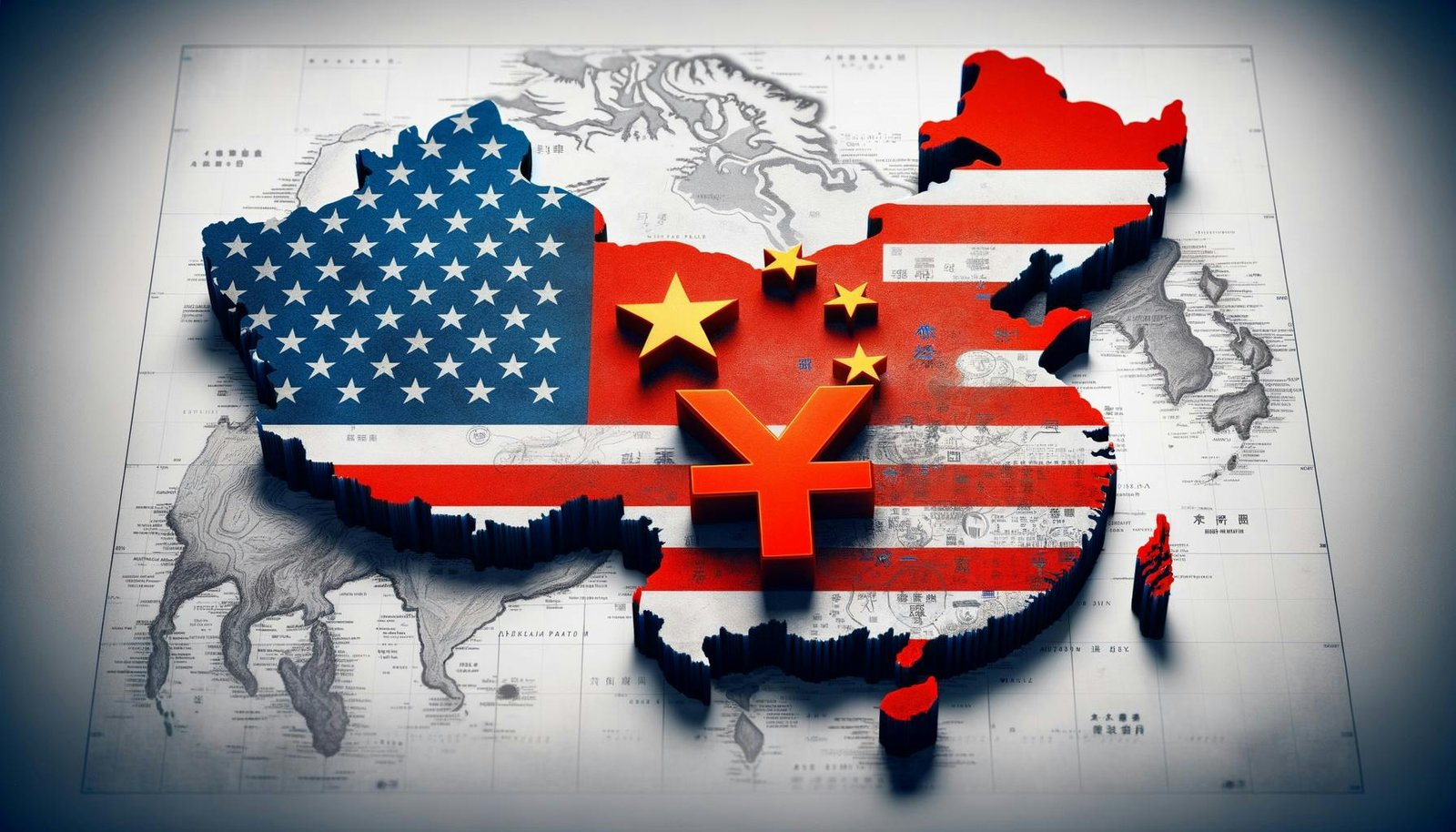What’s going on here?
China’s yuan is wavering, marking its fourth consecutive weekly decline against the US dollar as it hovers around 7.1250. The currency’s 0.1% fall from its last close suggests a broader 0.3% projected weekly drop.
What does this mean?
The yuan’s downturn reflects broader market anxieties as the US presidential election approaches. The dollar index has surged over 3% this month, largely fueled by election-related speculation, putting pressure on China’s currency. Concerns particularly center on a possible Donald Trump victory, which could reignite trade tensions and negatively impact Chinese exports. On the other hand, a Democratic win might alleviate tensions, potentially strengthening the yuan. The People’s Bank of China (PBOC) setting the yuan’s rate at 7.1090 aligns with market expectations but offers little resistance to the dollar’s ascent. Experts from RBC Capital Markets foresee continued dollar strength as the election nears, while Haitong Securities cautions that new tariffs under Trump could also harm the US economy.
Why should I care?
For markets: Currency volatility on the horizon.
Investors should gear up for potential fluctuations in currency markets as the US election plays out. Maybank emphasizes the risk of increased turbulence, especially if election outcomes are disputed. The yuan’s struggle against a strong US dollar underscores the delicate balance between geopolitical events and currency stability.
The bigger picture: Trade tensions amid election drama.
Global economies are keeping a close eye on the US election, as its outcome could significantly reshape trade dynamics. A Trump victory might heighten trade tensions, affecting global markets and potentially hindering economic recovery efforts worldwide. Conversely, a shift towards Democratic leadership might alleviate international trade friction, fostering a more stable global economic environment.


